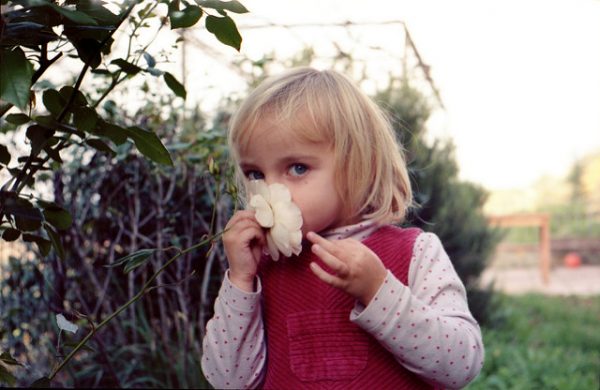
We say that scent is the strongest sense tied to memory, but is it possible that scents can carry our cultural assumptions as well? Sociologist Karen Cerulo set out to study this question by diving into the world of perfumes. From a list of top-selling perfumes, Cerulo selected one expensive luxury brand, one mid-range brand for workplace professionals, and a bargain brand for everyday use. She collected the marketing materials for each brand to assemble a database of scents for each perfume and the core messages the manufacturers used to promote them. Cerulo then assembled 12 focus groups of volunteers with 73 people in total. She gave each a blind sample of the perfumes and asked them to discuss and describe their reactions to the scents, as well as who they thought the target buyers were for each.
The results were dramatic. Not only did many respondents correctly identify the fragrance notes (like “citrus”, “floral”, or “woodsy”), their descriptions also nailed the marketing materials’ language (like “sexy,” ”strong,” or “edgy”) — match rates ranged from 79% to 93% of focus group members) and the intended customers (such as “young, upper middle class,” with match rates from 63% to 73%).
Here’s the weird part: almost nobody correctly guessed the actual perfumes used in the study (only 6% of respondents got any of them right), and many of them couldn’t describe how they knew the right ideas in the marketing materials. This “nondeclarative culture” (aka: a gut reaction) shows how these implicit cultural messages were tied to the scents, rather than conscious exposure to brands and marketing.
Respondents were also good at matching the scents to stereotypes about race and class, showing how deep these assumptions go. One respondent said “but something about it makes me think Hispanic. It’s noisy. It’s probably from a drugstore…cheap and just too strong.” This research shows how implicit social messages get carried along in our popular culture. Whether we want to sell a product or root out prejudice, we have to remember that we don’t always get to pick our passive perceptions.

Comments